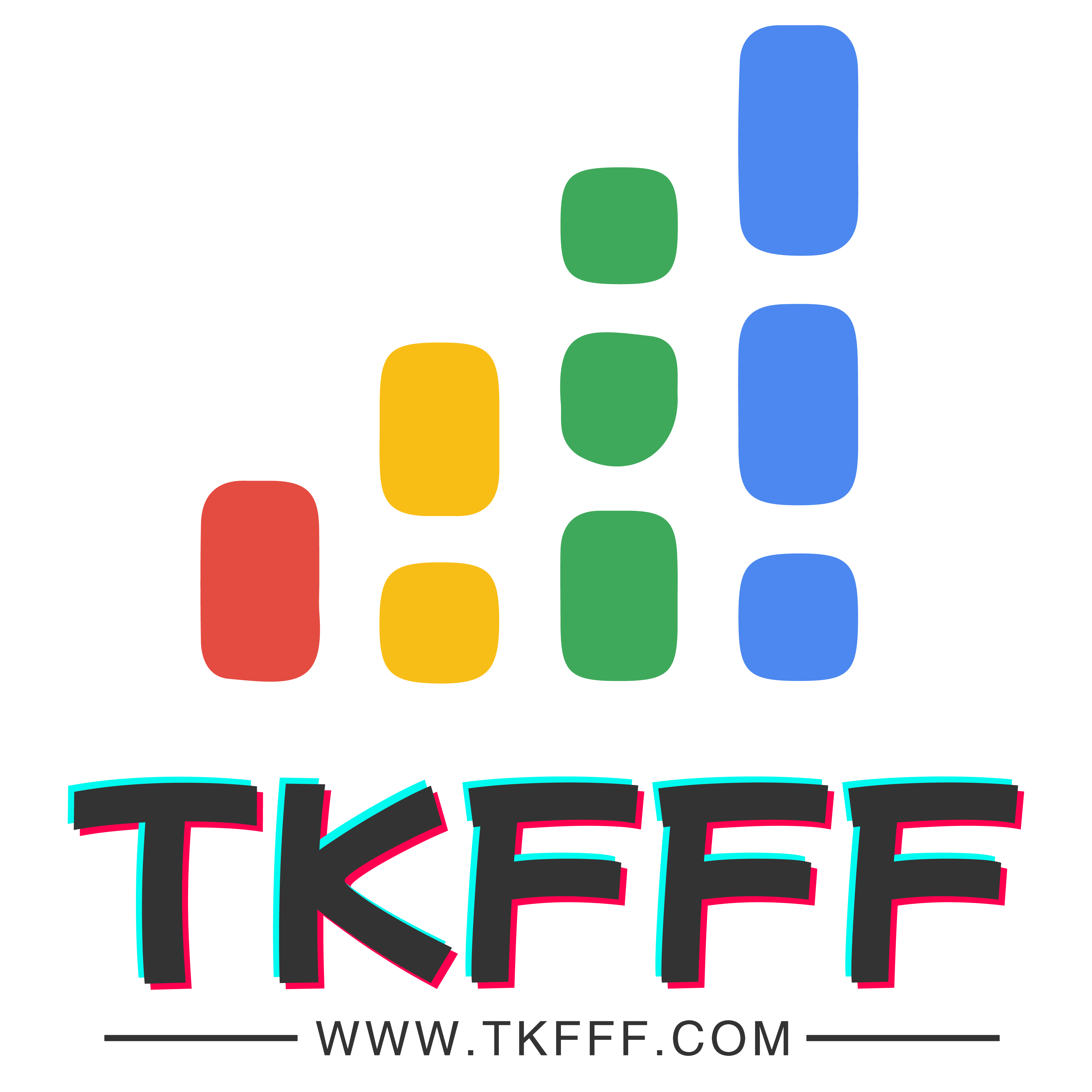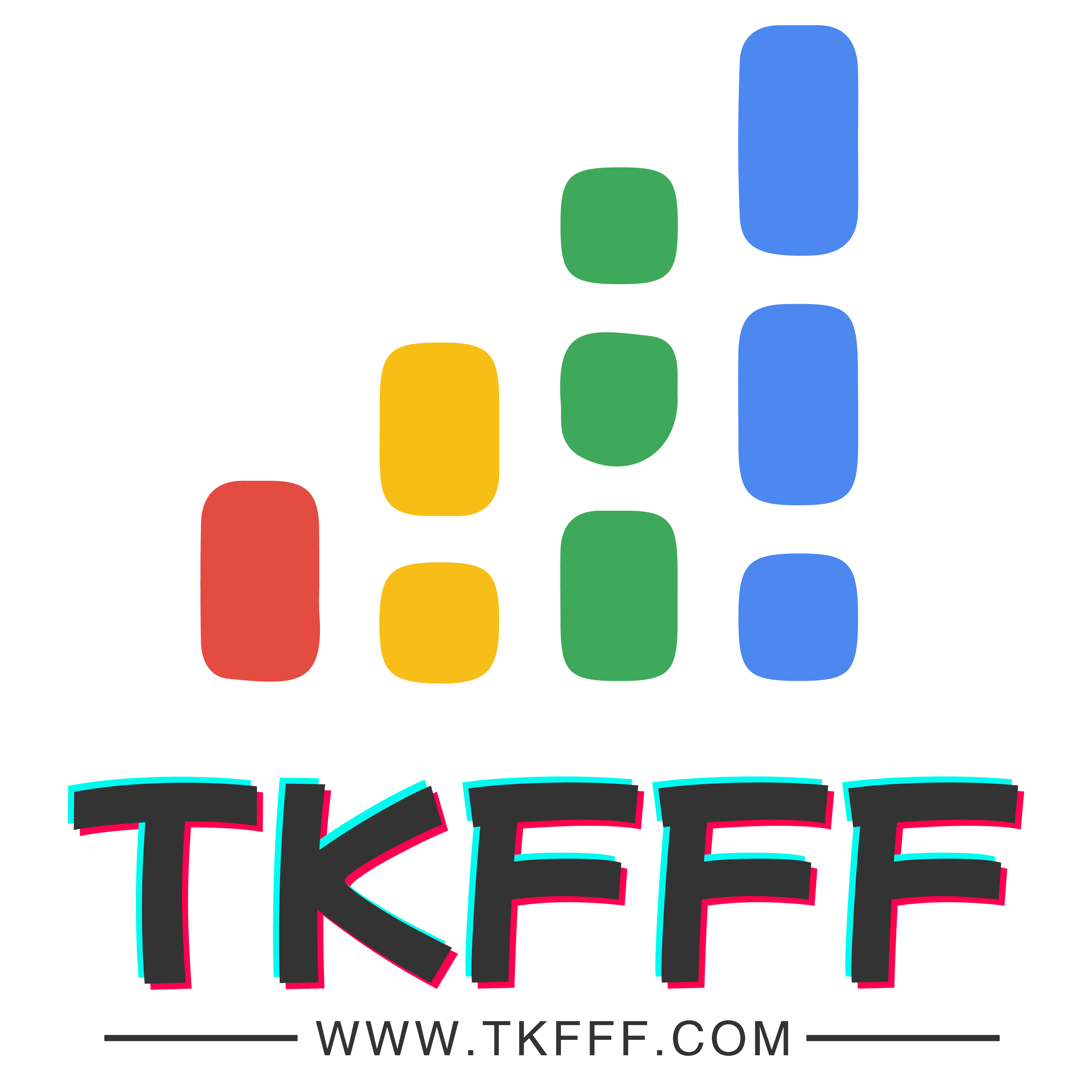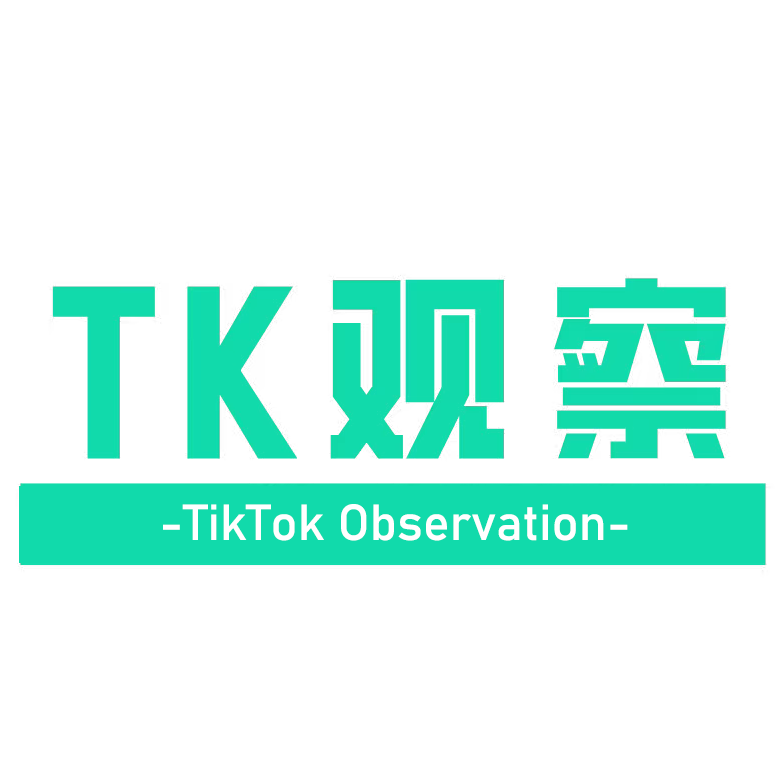'The algorithm finds her': Social media and the rise in eating disorders

TKFFF · 2024-02-29 17:45

Photo: CFOTO / NurPhoto via AFP
'The algorithm finds her'
There has been a 34 percent increase in people diagnosed with eating disorders in the past four years. According to the Ministry of Health, 2085 people were diagnosed in 2023, up from 1556 in 2019. A mother who had quit her job to focus on her daughter's recovery said social media had played a huge role. "It's not just her looking up dieting or exercises, the algorithm finds her, and that's all that pops up," she said. Selina Elison said even if she banned her daughter from using social media, her friends would still discuss the content they had seen at school. She said they discussed the glamorisation of dieting and eating disorder behaviour that they had seen online. Elison published a book - Bulimia: Understanding the Voice Inside Her Head - this week, about her struggle to find adequate treatment for her daughter in New Zealand. She said there needed to be more funding, education, and support - not just for the person affected, but for their families too. "It gets tiring after a while, because you struggle. "All you think about is food, and if your child is eating, and when you have your child at home, you don't even know what to talk about anymore. "You're overwhelmed, and you're very fearful because your child can die," she said. The New Zealand Eating Disorders Clinic provides specialist eating disorder treatment. Director Dr Roger Mysliwiec said the health system was outdated, and was unprepared for the growing number of people who needed help in New Zealand. "I would suggest a review of the whole eating disorder treatment provision," he said. The Eating Disorders Association of New Zealand provides support, help and resources to people caring for loved ones with an eating disorder. Megan Tombs, who runs the nonprofit organisation, said content from TikTok did not stay on the app. "Most of the young children have grown up with YouTube videos, and so parents are a lot more lenient, but the content on YouTube gets just as dark," she said. "Even if you keep your child off TikTok, the TikTok videos end up on Youtube and they watch it that way." Despite months-long waiting lists and difficulty in getting treatment, Tombs said sufferers and their families should not give up. "Recovery is one hundred per cent possible, one hundred per cent of the time." A statement on TikTok's website said it wanted to be a place that encouraged self-esteem, and did not promote negative social comparisons. They said they did not allow showing or promoting disordered eating or any dangerous weight loss behaviours. However, TikTok said that they were aware it continued. They stated that they have consulted eating disorders experts, researchers, and physicians to acknowledge more symptoms, such as as overexercise or short-term fasting, that are frequently under-recognised signs of a potential problem. "This is an incredibly nuanced area that's difficult to consistently get right," they said. [ad]文章来源:新西兰广播集团
TKFFF公众号
扫码关注领【2024年台历】

TKFFF合作,请扫码联系

文章来源: 文章该内容为作者观点,TKFFF仅提供信息存储空间服务,不代表TKFFF的观点或立场。版权归原作者所有,未经允许不得转载。对于因本网站图片、内容所引起的纠纷、损失等,TKFFF均不承担侵权行为的连带责任。如发现本站文章存在版权问题,请联系:1280199022@qq.com
分享给好友:











